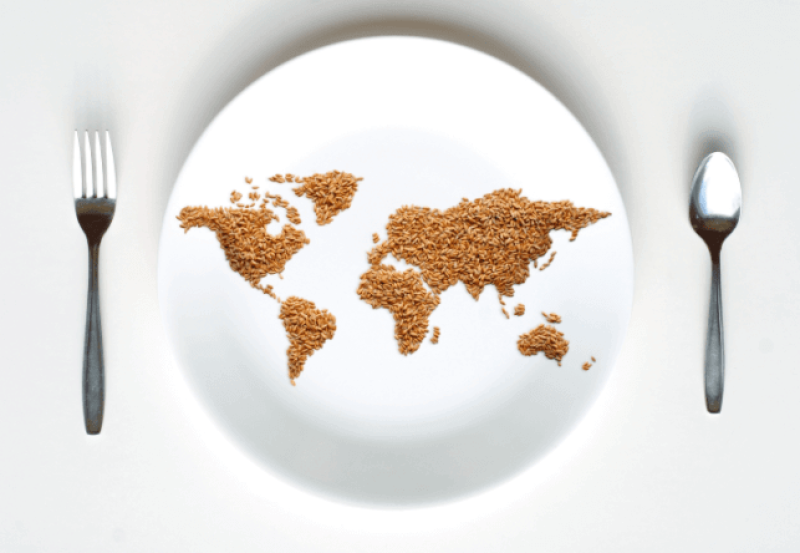A Professor of Geography at Macalester College in Saint Paul, Minnesota, Dr. William G. Moseley, has written a short, compelling essay in Geographical Review that explains clearly why genetically engineered crop technology, and particularly today’s GE crops, are not now and never will contribute in a meaningful way to global food security.
First, Moseley explains that GE crop technology is expensive and not accessible to the vast majority of the world’s poor farmers. Current technologies have, for the most part, been developed to support pest management within North American high-input, high-production farming systems, and were not designed to address the major constraints on production in Africa and Asia, where most of the world’s food insecure struggle to eek a living out on farms with worn out soil that are too small to support a family.
Poor farmers need ways to cope with a much different set of risks and yield constraints than farmers in developed nations, and the notion that technology developed to serve the needs of the latter will help the former is naïve.
…
Only by focusing on the most important constraints to higher yields in food insecure regions will the U.S. avoid investing in research, technology, and foreign assistance programs that nudge poor farmers into a damaging two-step dance, one step forward at the expense of two steps back.
The GLP aggregated and excerpted this article to reflect the diversity of news, opinion and analysis. Read full, original post: Chipping Away at a Dangerous Myth – “GMOs Are Key in Promoting Global Food Security































